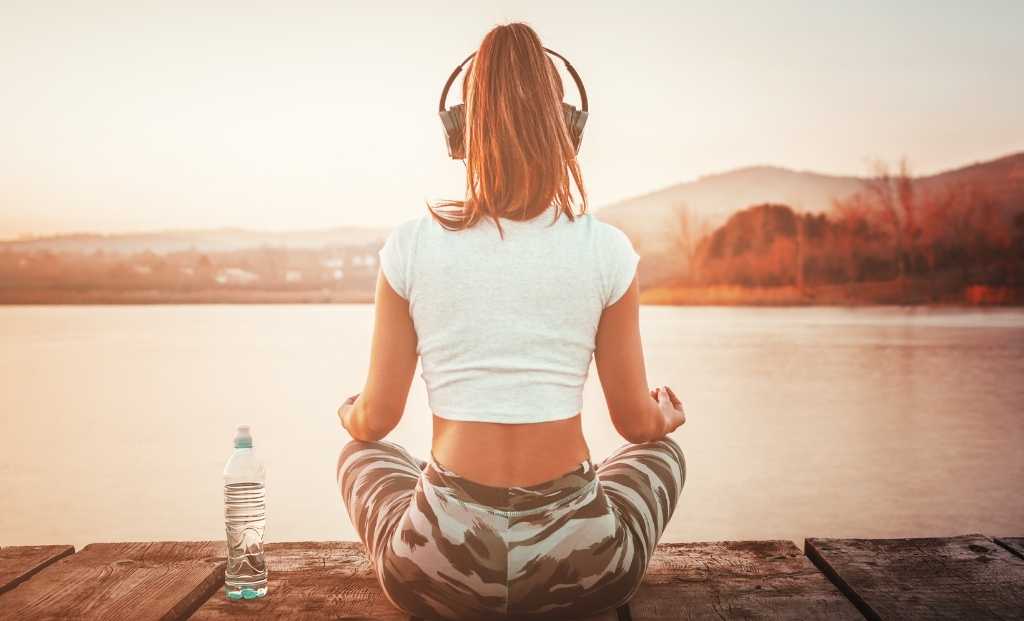Let’s face it – most of us are pretty stressed out! And we have reason to be. We live in a hectic world. We are subject to constant demands and pressures by our bosses, our colleagues, our clients, our partners, our parents, our children, and the list goes on.
What’s more, our senses are over-stimulated all day every day – visually by our computers, phones, TVs, and billboards, and audibly by traffic, music, construction, and alarms to name a few.
Our fight or flight mode is continuously being triggered during the day as we react to perceived (mostly psychological) danger. And this has detrimental effects on our bodies. Not only does our breathing get shallower and our blood pressure increase, all the systems of the body that aren’t required for immediate survival are suppressed in the process (such as our digestive system, immune system, reproductive system etc. etc.). Which obviously has horrific long-term consequences for our health and wellbeing.
The question is – how does meditation help?
Meditation elicits the relaxation response.
This is the process of de-escalating the stress response and inducing relaxation through the activation of the parasympathetic nervous system.
Whilst the relaxation response is a normal and natural response that the body does automatically, it can also be voluntarily elicited and strengthened when we choose it to be, such as when we sit down to meditate.
In this state, our body literally begins to repair itself.
Here’s how:
- Breathing becomes slower and deeper;
- Blood pressure reduces;
- Digestion improves;
- Stress hormones decrease;
- Immune system improves;
- Mental clarity heightens;
- Memory enhances;
- Concentration improves;
- Productivity is boosted;
- Muscles relax;
- Calm is experienced.
So how often should you meditate?
Well this depends on what type of meditation you are doing. Some forms of meditation (such as Effortless Meditation) are so easy that you can meditate for 30 minutes (and feel like only 10 mins have passed), have a deep, pleasant experience, and sleep better that night than you have in years, your very first time. Winding meditation in to your daily wellbeing routine would be first prize but if you participated in a guided meditation 4 times a week you would still be winning.
And when is the best time to meditate?
Again everyone will use their meditation differently but at its most effective, meditating can be used in the morning to start your day off on the right foot, at lunchtime can help prevent the afternoon slump, or some people even prefer to use it in the evening to unwind after work.
Happy meditating!


